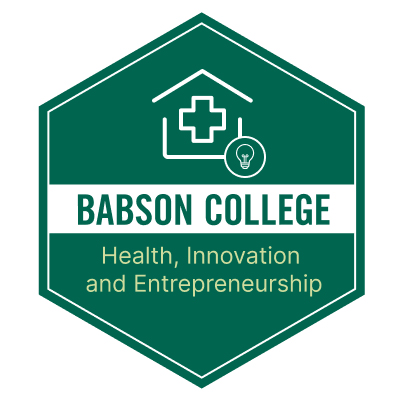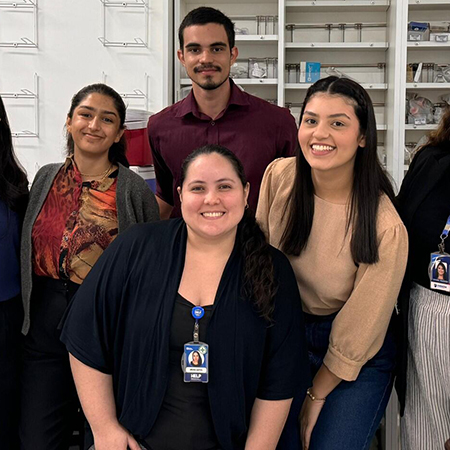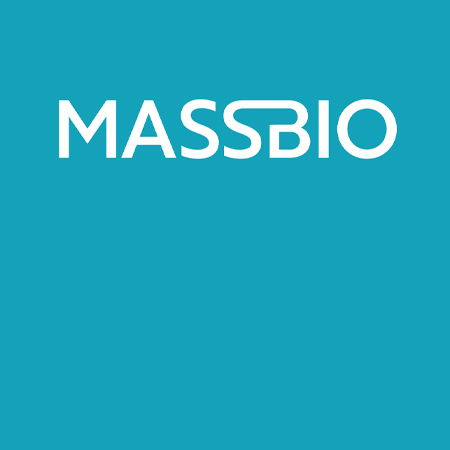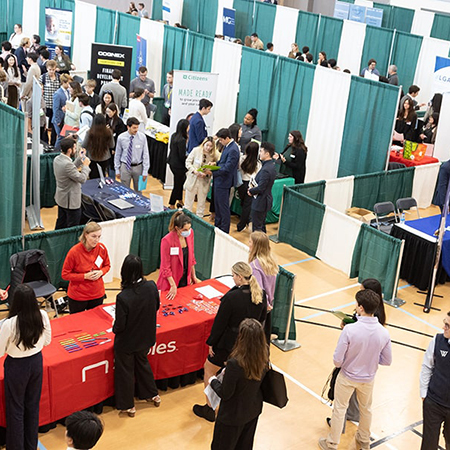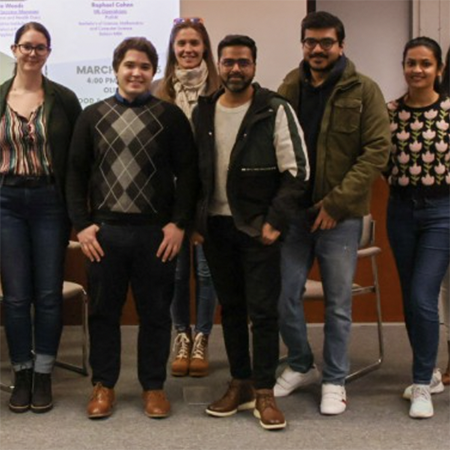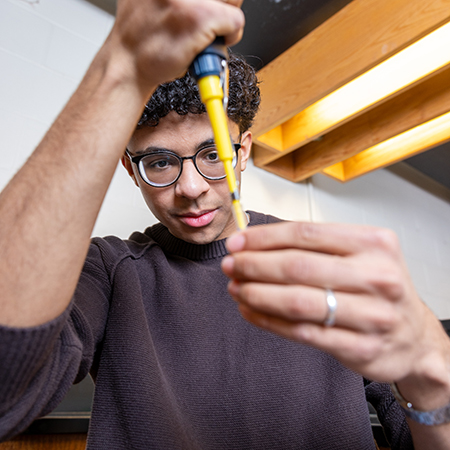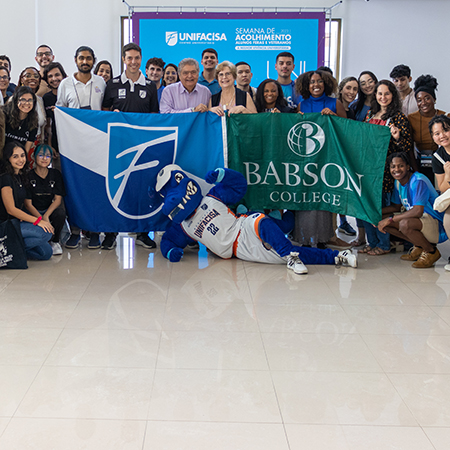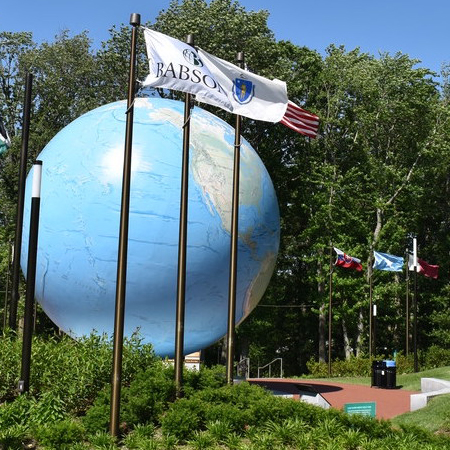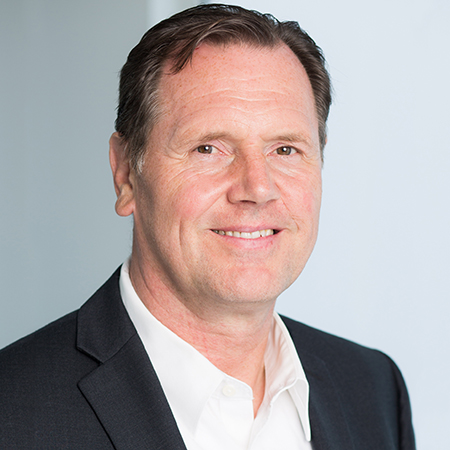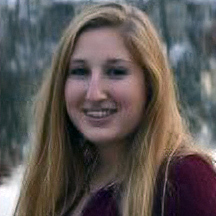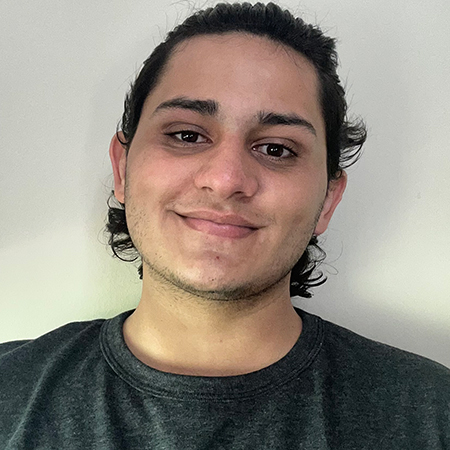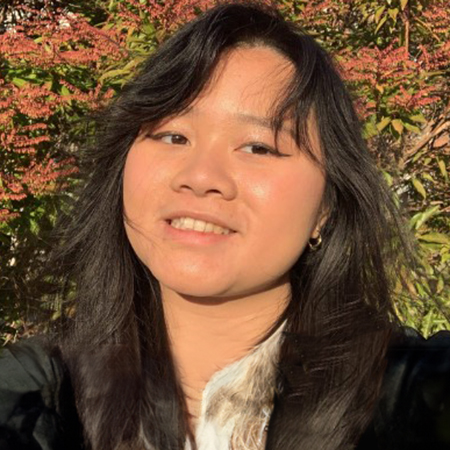
Student Programs
In alignment with Babson’s tradition of entrepreneurial education excellence and our commitment to experiential learning, the KMH Center offers several opportunities for undergraduate and graduate students to learn by doing in the health sector.
We have found that experiential learning, and the active engagement of the student in the learning experience, is the most effective method for enabling students to develop the cognitive ambidexterity characteristic of an entrepreneurial leader.”
Healthcare entrepreneurship and innovation are central to improved health outcomes, economic development, and societal well-being. However, there is still a lack of healthcare entrepreneurs and investment. For example, USAID’s Center for Innovation and Impact reports a $371 billion annual investment gap by 2030 from achieving the health Sustainable Development Goals in low and middle income countries.
To encourage innovation and investment in global health, The KMH Center partnered with the University of Global Health Equity (UGHE) to found our first Global Health Innovation Lab in 2021 sponsored by the McGovern Foundation. Leveraging an experiential learning framework, joint UGHE and Babson student teams are paired with health organizations in Rwanda to address organizational challenges using design thinking, digital health and technology, and product, process and service innovation management. We also host virtual healthcare innovation and entrepreneurship seminars that are open to the general global public. Most recently in 2023, we partnered with Unifacisa University founded by the family of Dr. Diego Gadelha MBA’22 for the first cohort of Global Health Innovation Lab in Brazil.
To date, six UGHE-Babson student teams (27 students to date) and five Unifacisa-Babson student teams (30 students to date) are currently developing, testing, and implementing innovations to support the following organizations via the course:
- Butaro Hospital
- Health Builders
- Insightiv Diagnostics Platform
- Rwandan National Task Force on Rabies
- Rwanda National Union for the Deaf
- Hospital De Olhos (HBOL)
- Hospital da Vis ã o (HVisão)
- Hospital de Ensino e Laboratórios de Pesquisa (HELP)
For example, our initial pilot team worked with Rwandan National Union for the Deaf and developed a platform to improve communications between deaf and illiterate patients and providers using images. In addition, over 60 participants from around the world have attended our healthcare innovation and entrepreneurship Seminar Series through the UGHE-Babson Global Health Innovation Lab.
For more information, please contact Faculty Directors: Dr. Rex Wong, (Rwanda), Marcelo Lara (Brazil), Dr. Wiljeana Glover (Rwanda and Brazil)
This [Global Health Innovation Lab] class was the most pivotal, impactful, and hands-on course I have taken at Babson. This course helped me expand my worldview perspective.”
Undergraduate
- OIM 3501: Global Health Innovation Lab
- MFE 3534: Management Consulting Field Experience (HC/LS Specific Project)
- EPS 4515: Affordable Design and Entrepreneurship (HC/LS Specific Project)
- OIM 3536: Scaling Lean Ventures (HC/LS Specific Project)
- SOC 4620: The Sociology of Health and Medicine
- SCN 3601: Triumphs and Trials in the Pharma Industry
- SCN 3635: Human Nutrition
- SCN 3660: Human Health and Disease
- ECON 232: Health Economics (Wellesley Course)
- ECON 332: Advanced Health Economics (Wellesley Course)
- SOC 314: Global Health and Social Epidemiology (Wellesley Course)
Graduate
- ECN 7555 Healthcare: Markets, Analytics and Strategies
- EPS 7539 Future Trends and Entrepreneurial Ventures (HC/LS Specific Project)
- EPS 9504 Health & BioTech Ventures Ecosystems
- EPS 9507 Food Entrepreneurship (HC/LS Specific Project)
- MBA 7800 Babson Consulting Experience (HC/LS Specific Project)
- MFE 7500: Management Consulting Field Consulting (HC/LS Specific Project)
- MOB 7518: Solving Big Problems (HC/LS Specific Project)
- OIM 7503: Experiment to Scale
- OIM 7506: Global Health Innovation Lab
- Independent Research (HC/LS Specific Project)
The Global Health Innovation Lab allowed us to develop solutions that enhance patient care, such as creating tools for better communication and understanding of medical procedures, ultimately improving the healthcare experience.”
Babson's Global Health Innovation program elevated my Babson education by teaming us up with students from around the world to figure out a solution to a complex problem. This experience isn't just about textbooks—it's about building practical skills to handle diverse cultures and tackle real-world challenges. It's not just theory; it’s about directly figuring out the root issue and putting our skills that we have learned at Babson into action that will impact real lives. As the world gets more connected, these skills are pure gold in any career.
Our project in Global Health Innovation Lab focuses on helping our partnered hospitals (HELP/HVisao) cut down on missed retinal surgery appointments. What's our solution? We're putting together a handy checklist for patients to make sure they're all set for their surgery. Right now, we're rolling out our minimum viable product—a brochure that doctors can tweak for each patient.”

